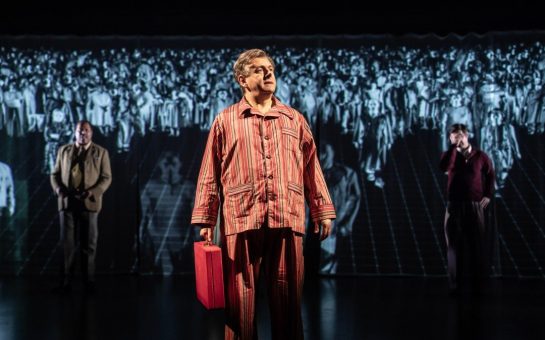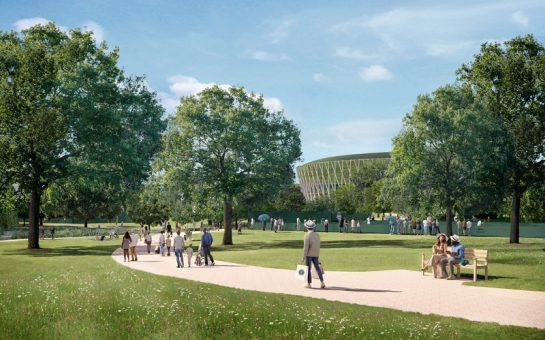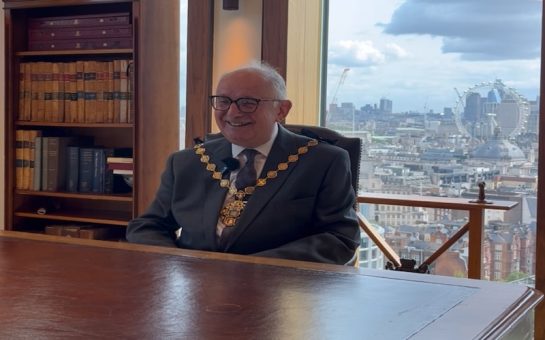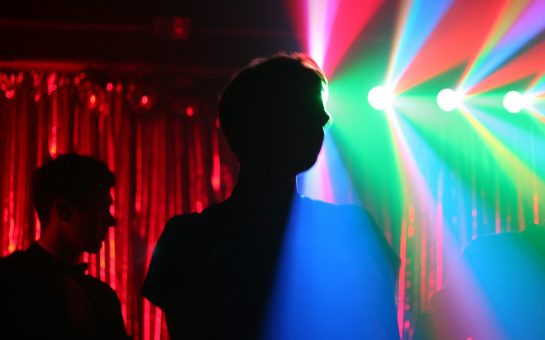The London Assembly elections may seem like a lifetime away, having been postponed to the 6th of May due to the coronavirus pandemic, and with doubts over whether they will even happen.
But for the candidates, the race is already in full swing.
In the South West seat, Conservative candidate Nicholas Rogers is running as the successor to Tony Arbour, who held the seat for 21 years.
Rogers said: “I think the issues we’re going to be dealing with are even more important than the ones that we thought we were going to be dealing with.
“Although none of us as candidates signed up for this, this is the mission that we’re going to be given: to make sure that the London that emerges from the pandemic is as strong, if not stronger, than the one before.
“I think each candidate has to look at what they can personally bring to the table.”
Rogers, a former Metropolitan Police Special Constable, later made his career in public transport and is now an Incident Controller for Network Rail.
As well as championing better transport links in south west London, he opposes the extension of the ultra-low emission zone.
He explained: “I personally think that things Sadiq Khan wants to do, like the boundary charge being expanded, which will affect struggling local businesses, and putting up council tax, are the wrong things to do.
“I don’t think they will help build a stronger city.”
Challenging Rogers for the seat is Labour candidate Candice Atterton, a councillor in Hounslow who has a background working with young offenders.
Atterton said: “I got involved in politics in 2010.
She said: “The GLA seat has always been Conservative since the start of the London Assembly, so they’re eager to have some Labour representation.”
Atterton is seeking to create a greener, safer London, campaigning to provide opportunities for young people, and looking to reduce crime rates.
She also intends to improve public transport links in the south west and wants to ensure that young people keep their access to free travel.
She added: “My work has been around children and young people, and making sure that they get to fully join in and appreciate and eventually contribute to all that the south west has to offer.
“That’s my biggest passion.”
One concern facing the candidates is the historically low voter turnout for GLA elections.
In 2016, for example, turnout for the London Mayor and Assembly Elections was just 46% compared with 66.1% turnout for the 2015 general elections.
The race to City Hall is made harder still by government bans on door-to-door campaigning due to the pandemic.
Founder of Voting Counts Rachael Farrington stressed that people should use proxy and postal votes if they don’t feel comfortable going to the polling station.
Farrington explained: “A lot of the issues that people really care about are managed by the Mayor and the London Assembly.
“Transport, culture, representation of business, policing, housing – everything is controlled by that local government structure.
“It’s a case of getting out there and telling people what you do. It’s difficult in the circumstances but that’s where technology can be really beneficial.
“These people have a lot of influence over our lives and we should be the ones to elect them.”
Labour has organised a number of online events, from cross-party panels about green recovery, to discussions about the effect of the coronavirus on women, to decolonising the curriculum and Black Lives Matter, Atterton explained.
Atterton added: “We’re calling these Town Hall events.
“Coronavirus is definitely a barrier, but it’s great that we have all these virtual resources to overcome it.”




